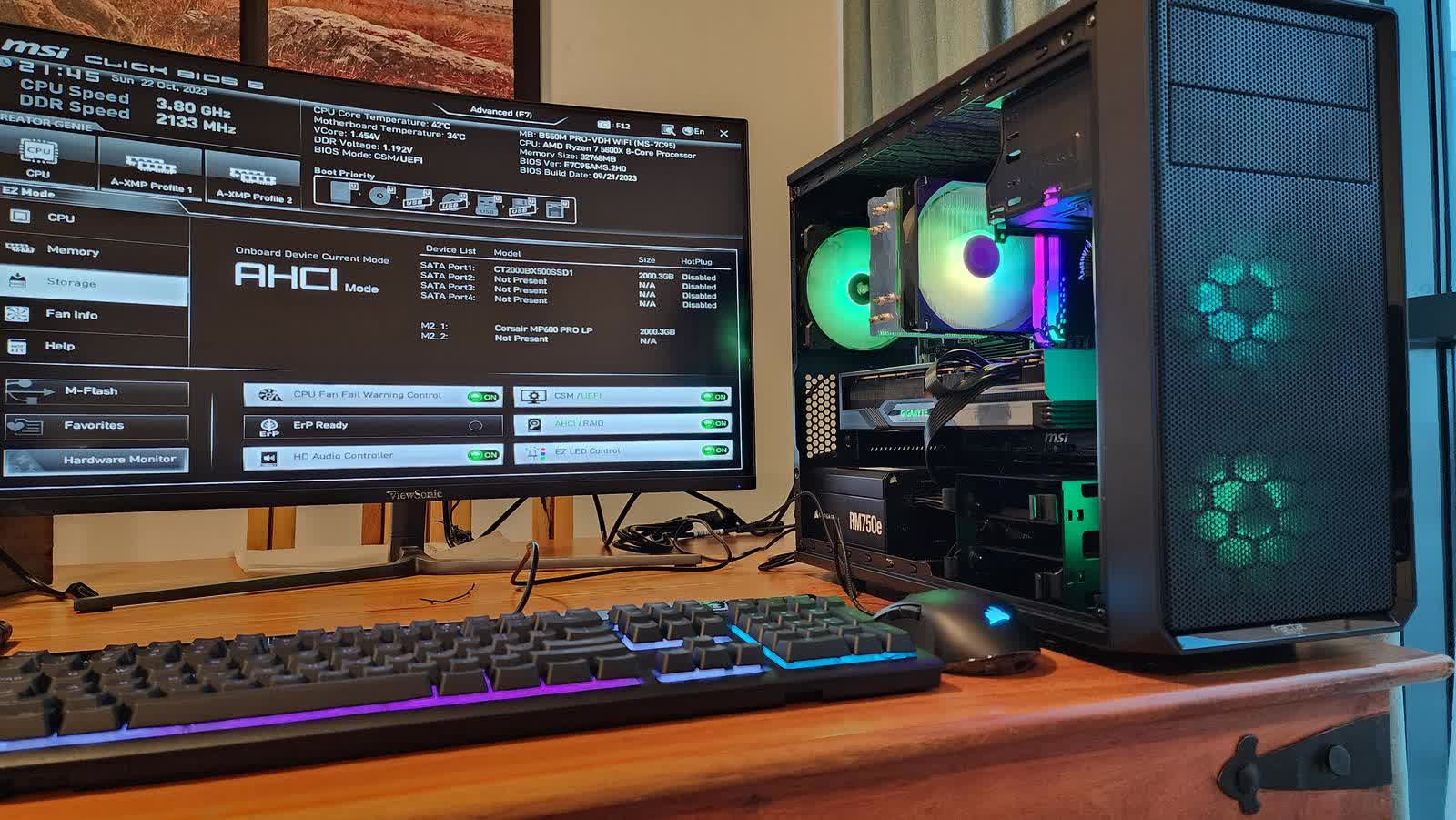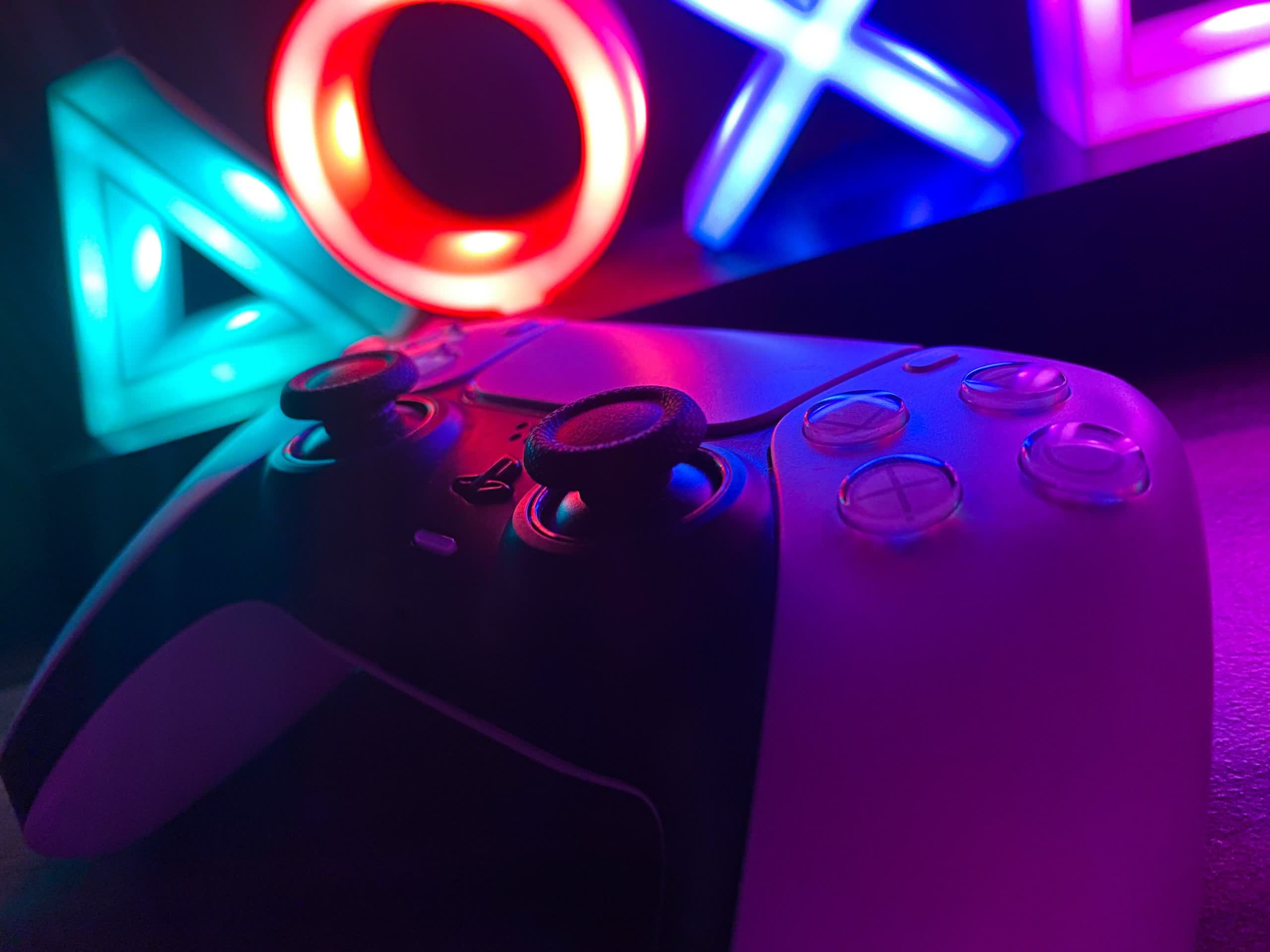In context: Sony says it's ready to "attack" this holiday season, with the PlayStation 5 seemingly on its way to becoming the most successful and profitable console in company history. With inventory issues now in the rearview, the Japanese entertainment giant is confident it can sell a total of 25 million units in the current fiscal year which ends in March 2024.
The PlayStation 5 ecosystem recently got bigger with the addition of a handheld called PlayStation Portal, followed by the PS5 Slim which has a bit more storage than the original as well as a slightly refined design. The former promises to offer the PS5 experience in a portable package, but it's unclear if there's enough demand for it. Sony expects the PS5 Slim will likely sell like hotcakes this holiday season alongside regular variants, though it will be interesting to see if the company will be able to reach its self-imposed sales target of 25 million units.
Hideaki Nishino, who is Senior Vice President of Platform Experience at Sony Interactive Entertainment, told Nikkei Asia during a recent interview that the PS5 is the superior gaming platform at the moment when compared to PC, even though we're already seeing AAA console releases such as Starfield that are locked at 30 frames per second. The recently released GTA VI footage suggests Rockstar might target 30 frames per second for all current generation consoles, sparking online arguments between low frame rate apologists and people who feel like being limited to 30 fps in GTA VI would be an insult to them regardless of any promises of great graphical fidelity.

Truth be told, Nishino does make a good point during the interview that a PS5 is much easier to set up for people who are only interested in playing the latest titles without worrying about any other details. However, he made it sound like spending money and time to build a gaming PC is somehow only rewarding for hardware geeks.
Sure, buying the PS5 is cheaper than building a PC with similar performance, and even more so when looking at most pre-built options. However, Sony's console is designed as an entertainment system with fixed hardware specs, while a PC can be used for additional purposes like work and study and upgraded with more powerful hardware over time.
On that note, Nishino explains that Sony isn't worried about performance just yet. The company believes games are only now starting to take advantage of PS5 features such as fast loading times, citing the recently released Spider-Man 2 as an example.

There have been rumors of an impending PS5 Pro refresh with double the power of the regular PS5, but that seems unlikely given that most PS5-focused releases are running just fine on it. There are also cost considerations involved in making a more powerful PS5 console, and Sony might not be interested in packing more compute units into the PS5 SoC as it would likely require a move to a smaller process node where the wafer cost is simply too high for it to make any sense at this point.
Furthermore, Nishino says the company made significant efforts to ensure a steady supply of the 2,000 parts that are needed to make a PS5. Even when considering the Covid-related supply shocks of yesteryear, it took Sony almost three years to be able to confidently say you won't have to search for a PS5 if you want one. Adding a PS5 Pro into the mix sounds like a logistical nightmare, and the games that will make full use of its capabilities are probably years away from being released.
Improving PS5's availability and making sure there's plenty of content to draw people into the ecosystem remain high on Sony's priority list, especially in the wake of Microsoft's acquisition of Activision Blizzard. The company is doubling down on exclusive titles as well as betting on TV adaptations of its games to convince more people to try PlayStation games. "We will attack in the year-end sales season with both content and hardware, including peripherals," Nishino said.
